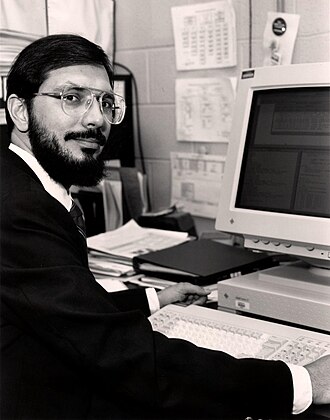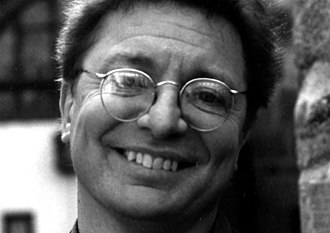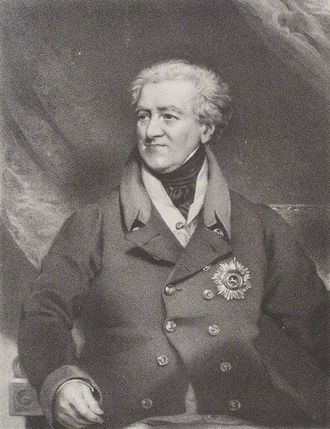Hulse Last Name Origin, History, and Meaning
Where did the surname Hulse come from? What does the surname Hulse mean? Discover the history and meaning of the last name Hulse and family migration on YourRoots Map.
Surname Hulse Origin: What does the last name Hulse mean?
The surname Hulse has origins dating back to England in the early 13th century, as indicated by YourRoots data. It is believed to have been a prominent surname in England from the 13th to the 18th century. Over time, the Hulse surname has spread globally, with significant records found in the United States by the 20th century. Today, the surname remains prevalent in countries like England and the United States, showcasing its enduring presence and heritage.
Hulse Last Name History: Where did the last name Hulse come from?
Origin of Hulse Surname: Where does the last name Hulse originate from?
According to YourRoots data, the surname Hulse first appeared in records from England around the early 13th century. Please note that this reflects only YourRoots data for the exact Hulse spelling and does not include other record sources or surname variations.
History of the Last Name Hulse: What does the Hulse surname history look like in the early days?
The Hulse surname remained closely associated with England from the 13th to the 18th century. YourRoots data also shows Hulse family records in countries like the United States, indicating global spread over the centuries.
Global Spread: Where can we find the Hulse surname today?
By the 20th century, the volume of records with the Hulse surname grew significantly in the United States. The Hulse surname remains prominent in the United States. It appears in many countries, including England and other regions.
Explore Hulse last name heritage and Hulse surname origin based on YourRoots Map data
 VIEW THE ORIGIN OF SURNAME HULSE
VIEW THE ORIGIN OF SURNAME HULSEFamous People With Hulse Surame?

Rob Hulse
Robert William Hulse (born Oct 25, 1979) is an English former footballer known for his time playing as a striker for various teams like Crewe Alexandra, West Bromwich Albion, Leeds United, Sheffield United, Derby County, Queens Park Rangers, and Charlton Athletic. Hulse won promotion to the top flight multiple times and had a notable spell in the Premier League with Sheffield United. He scored his 100th career league goal with Derby in 2009 and was part of QPR's Championship-winning team in 2010. Hulse's career was marked by his goal-scoring prowess and contributions to different clubs throughout his time in professional football.

Russell Alan Hulse
Russell Alan Hulse (born Nov 28, 1950) is an American physicist known for winning the Nobel Prize in Physics for discovering the first binary pulsar with his advisor Joseph Hooton Taylor Jr. This groundbreaking find opened up new possibilities for the study of gravitation. Hulse has worked at prestigious institutions like the University of Texas at Dallas and the Princeton Plasma Physics Laboratory. He has also made significant contributions to science education. His research on gravitational waves and general relativity has had a lasting impact on the field of physics.

Michael Hulse
Michael Andrew Hulse (born 1955) is an English poet, translator, and critic known for his translations of German novels by W. G. Sebald, Herta Müller, and Elfriede Jelinek. He has received awards such as the National Poetry Competition and the Bridport Poetry Prize. Hulse has also taught at the University of Warwick and established The Warwick Review, a literary magazine. He has led translation projects in Ethiopia and co-organized international poetry and philosophy conferences. In 2017, Hulse appeared on Christmas University Challenge representing the University of St. Andrews. With a diverse body of work and contributions to poetry and translation, Hulse continues to be a prominent figure in the literary world.

Joseph H. Hulse
Joseph H. Hulse (1923–2013) was a Canadian biochemist, food technologist, writer, and president of the International Union of Food Science and Technology. He received the Padma Shri for his contributions to science and humanitarian work in India. Hulse's career spanned roles at organizations like the Food and Agriculture Organization and the International Development Research Centre, focusing on nutrition and food security. He played a key role in global food safety standards and agricultural research, leaving a lasting impact on international development.

Samuel Hulse
Field Marshal Sir Samuel Hulse, GCH (27 Mar 1746 – 1 Jan 1837) was a distinguished British Army officer known for his leadership during key battles of the Flanders Campaign in the French Revolutionary Wars. He later served in the household of King George IV, showcasing his versatility and loyalty in both military and royal roles.
Born into a prominent family, Samuel Hulse rose through the ranks from ensign to field marshal, demonstrating his strategic skills and dedication to his country. His legacy as a military leader and royal servant is remembered in history books and biographical dictionaries, highlighting his significant contributions to Britain's military and political landscape.
All images displayed on this page are sourced from Wikipedia or Wikimedia Commons.We use these images under their respective Creative Commons or public domain licenses. Wherever applicable, author attributions and license information are provided. If you believe an image is used incorrectly or outside its license terms, please contact us so that we can review and correct the issue.




.png)